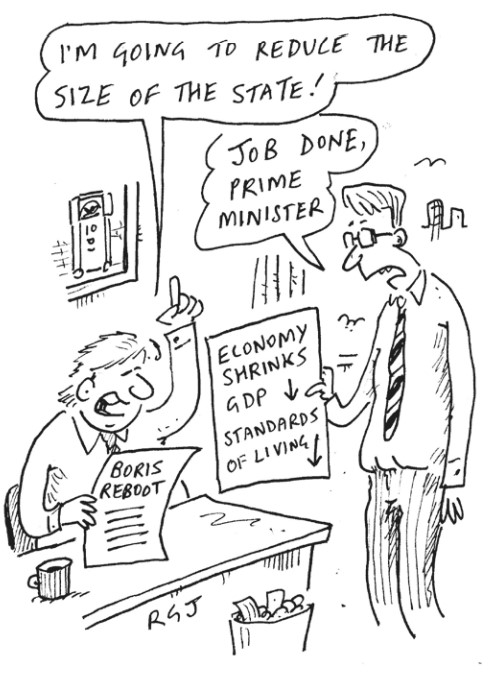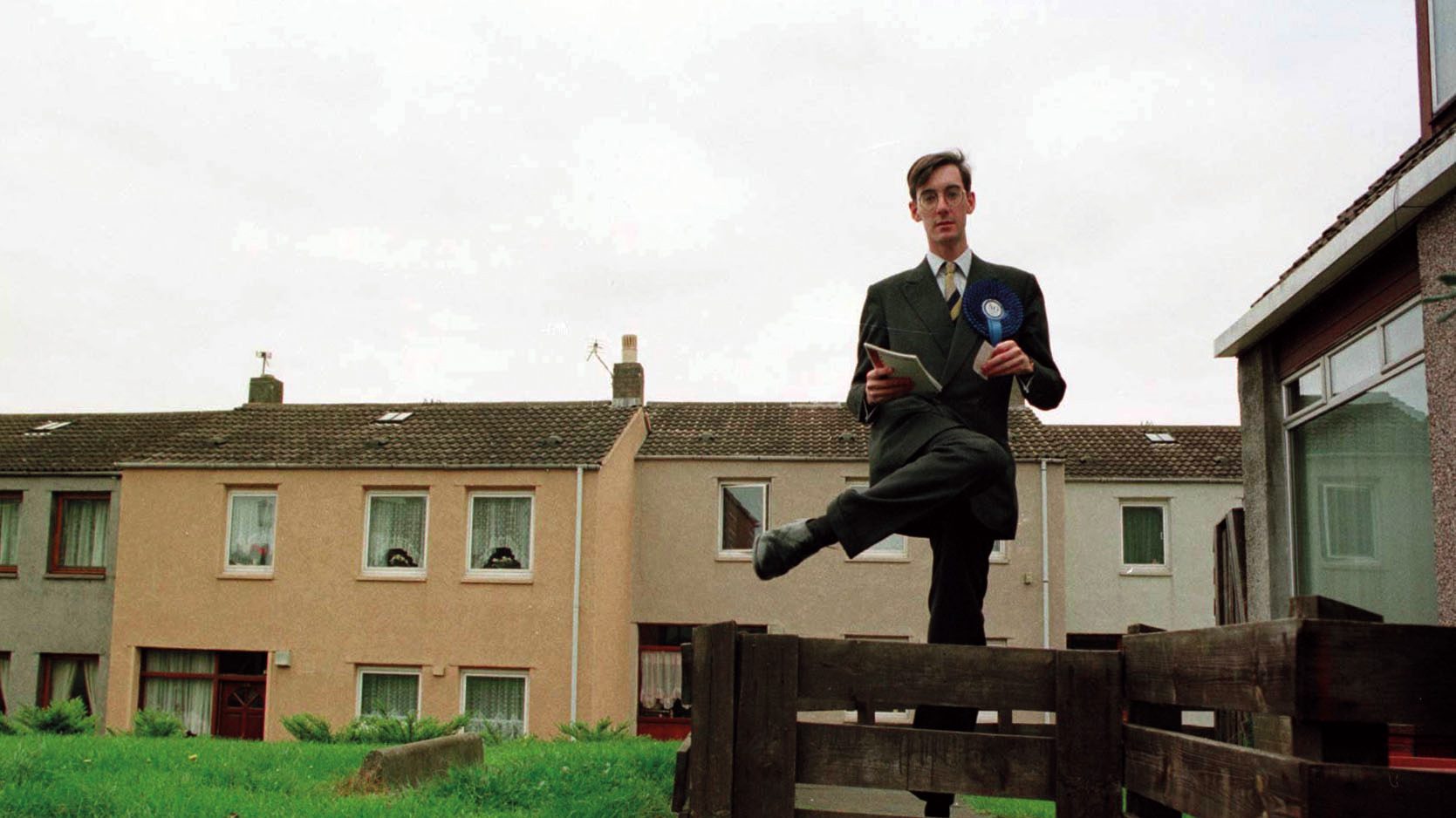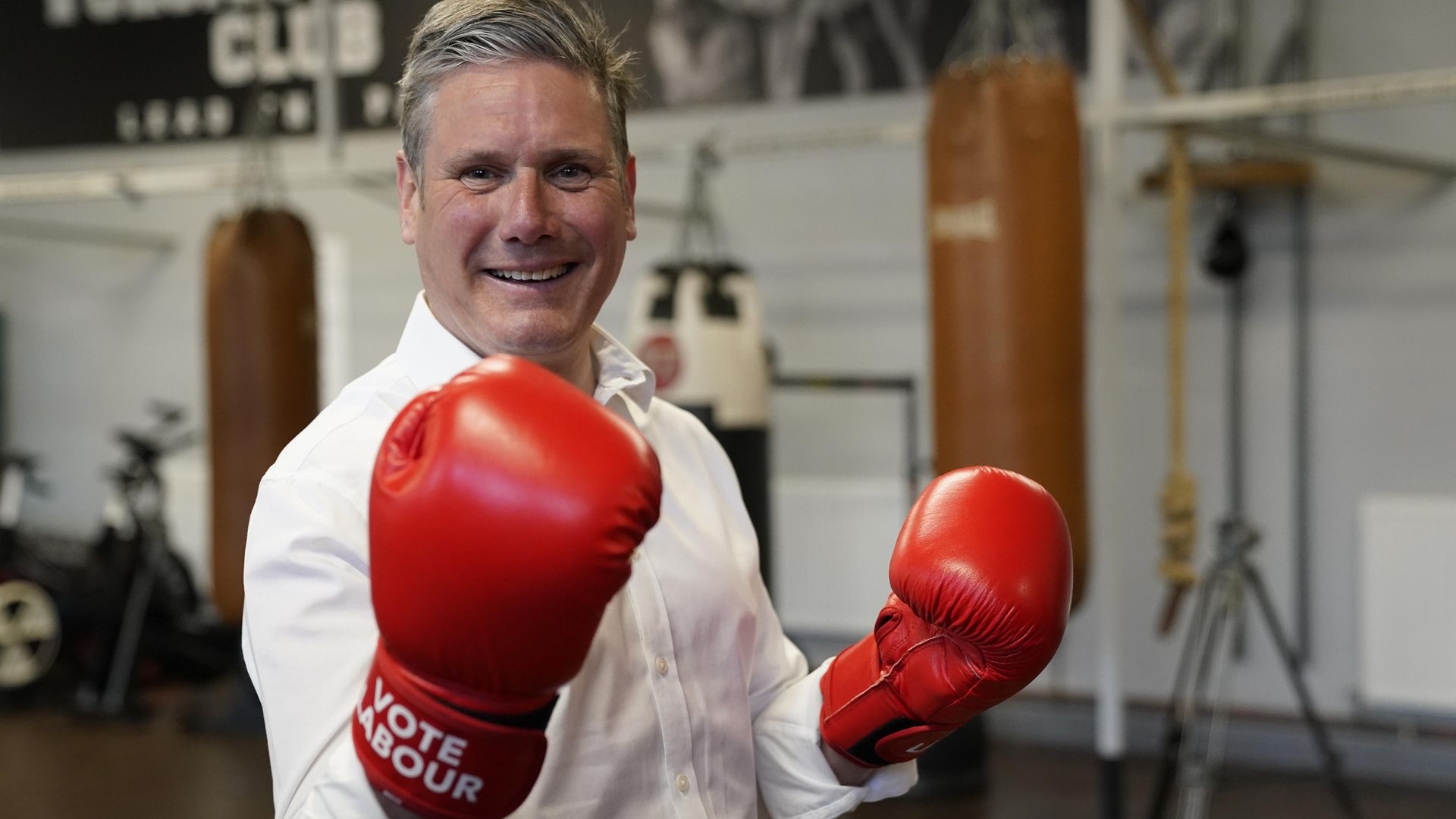Apologies to those who turned up to an event billed as “Justin Webb in conversation with Alastair Campbell”. Unavoidably detained – in France, so it seems reasonable to blame Brexit bureaucracy – I failed to make it back in time, and a Portland Communications colleague had to step in.
I always feel really bad when I have committed to something and don’t make it, so I was anxious to hear that it went well without me, and relieved to hear that it did. The event coincided with the publication of Justin’s newly published book, The Gift of a Radio.
Fear not, this is not an account of his life of 3am alarm calls to make it into the Today programme studio, for the meeting to decide whether Iain Duncan-Smith or David Davis should get the 8.10am slot, but is about the role the radio played, as a friend as well as a window on the world, in his extraordinary childhood.
To give you a flavour of just how extraordinary it was, two moments stood out for me when I read the book in preparation for the event I failed to attend. The first was when Justin and his mother were watching the BBC news, which was being read by “a lugubrious-looking chap in a light-coloured suit with a deep, plummy voice.” It was Peter Woods, who older readers will remember as, well, a lugubrious-looking chap in a light-coloured suit with a deep, plummy voice.
“‘That’s your father,’ my mother said, quite unprompted.” Justin named his teddy bear “Peter” thereafter, but, as for the human Peter, “we hardly mentioned him again.”
The second was when his mother had a row with Justin’s stepfather, Charles, who struggled with severe mental illness. Having had a brother with schizophrenia, I recognised some of the traits.
Justin recalled a birthday when a small cake was produced and he and the two adults sat down to eat it. “I served myself and ate a chunk. Charles, sternly but not unreasonably, instructed me that cake was to be shared. I remember a pause before my mother screamed at him: ‘How the fuck is he supposed to know that in this fucked-up house, when no one ever comes here?’” Leaving Justin to reflect, it was true, that nobody ever came to their house.
His mother’s swearing came as a shock because it had already been established that she was a raving snob driven by bourgeois gentility, that “class drove my mother’s demons”, that – my favourite line in the book – “Mum would not eat in public. It was something only animals and working-class people did.”
Those two incidents alone, “that’s your dad on the TV, we had an affair once,” and “nobody ever comes here” – there are plenty more where they came from – would keep many a psychiatrist busy.
The story is all the more remarkable if you know Justin Webb as the calm, affable BBC journalist who comes over, in private as well as on air, as breathtakingly, unflusterably, positively NORMAL! His childhood was anything but, and makes for a rather more interesting read than most journalistic memoirs.
One event I did manage to make – because it was online – was a talk for the Institute of Directors in Ireland. Half an hour of me trying to explain what the hell was happening in our country right now, and then questions that underlined just how big a basket case we appear to the world beyond our shores. Every single question came from that basic perspective: “How did it come to this? How come Johnson hasn’t gone yet? How can he possibly focus on Ukraine if he is just concerned with keeping his job? What is the damage done to broader society when there is such dishonesty at the top? Do you think they have any idea what they are doing on Brexit?” You get the picture.
The questions were moderated through the IoD’s chief executive, Maura Quinn, and I was rather touched when she asked at the end of the event whether there was anything the people of Ireland could and should be doing to help us poor Brits in these difficult times.
I found myself asking them not to confuse the UK with its current, hopefully transient government. But it was not the first time I have done an event with people overseas who talk to you much in the manner normally reserved for when you have been bereaved.

For my speech, I looked up the Austrian book I wrote about here recently, Populismus für Anfänger (Populism for Beginners), and in the light of the whole Partygate scandal, the authors’ analysis of the key elements of modern demagoguery are more striking than ever: propaganda is more important than policy; simple untruths beat complex realities; you must demand loyalty of others but not give it yourself; stirring up division is vital; build slavish media backing and sect-like support; develop a unique way of speaking, rich in imagery and the exploitation of emotions and symbols; rewrite national history; say unsayables; use baseless claims and insults; ignore conventions; weaken cabinet, parliament and bodies that threaten “the will of the people” as you define it; never admit you’re wrong, never accept your opponents are right and always blame others if things go wrong.
As I told the Irish: “Johnson to a tee.”
My little item on Schadenfreude last week prompted this charming email from a Mr Alun Hills, of Solihull: “It is commonly but mistakenly thought ‘Schadenfreude’ entered our language because there is no English single word equivalent for the concept it encapsulates. I think you will find that if you look up ‘epicaricacy’, you will find that there is.”
So I looked it up, and there it was: “Taking fun in, or getting pleasure from, the misfortune of others; from the ancient Greek ‘epi’ (meaning upon); ‘kharis’ (meaning joy) and ‘kakos’ (meaning evil).” Are we not blessed to have such erudite readers at The New European?
You may recall that a few months ago I played the bagpipes at a ceremony in Provence at which 100-year-old Zef Bousquet was honoured by both France and Belgium for his role in the Resistance. Though frail, and in a wheelchair, he clearly enjoyed the fuss as dignitaries mingled with villagers from Puyméras, where he was born and where now, sadly, he has died.
At the funeral, his granddaughter Mathilde told his life story through the great political and cultural events that shaped the century through which he lived.
Born in the same year as Yves Montand and Georges Brassens, a month old when Radio France made its first broadcast, 27 when the first vinyl disc was made, 30 when Princess Elizabeth became Queen Elizabeth, 42 when the Beatles made their first album … I felt a little swell of patriotic pride that those two British institutions made the list, and that they included a pipe lament I had written, Hymne à Zef, in the funeral proceedings.
But what about this for a peroration in her eulogy…? “He taught us how to drink coffee, and wine – ‘coloured water’, he called it – when we were eight. He often caught us smoking, but never told our parents. He was generous and altruistic. He was benevolent and virtuous. He loved everyone and we don’t know a single person who didn’t love him,” Mathilde said.
“He hated conflict, and if every state in the world had a grandad like him, there would be no more wars. He was anti-fascist, so proud of his medals and what he achieved during the war. We were proud of him, too. He was so happy that he was able to celebrate reaching 100, and that you were all able to celebrate it with him. He was Zef to everyone and we have been so happy to share him with you.”
Amen to that. A life well-lived.




